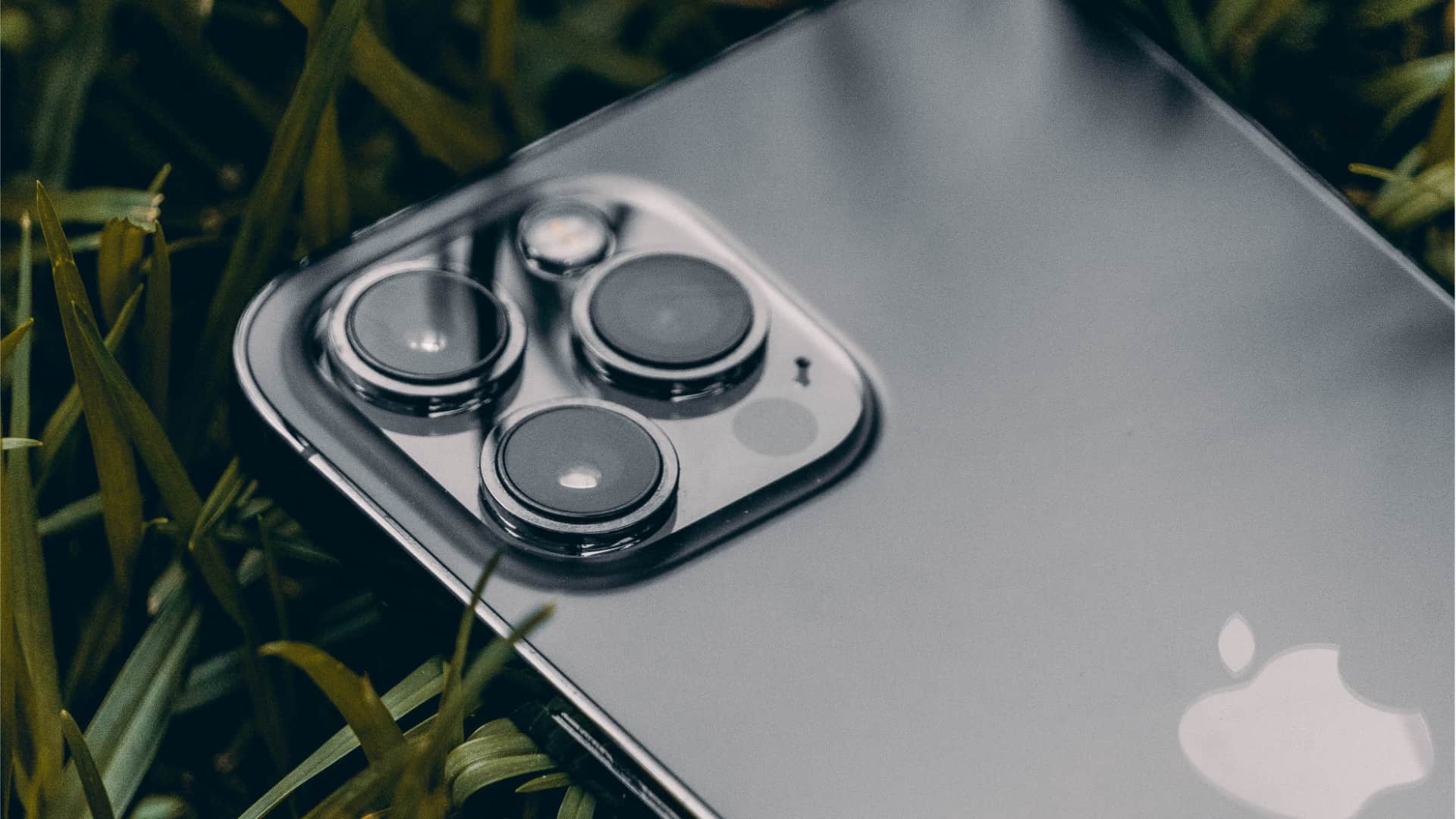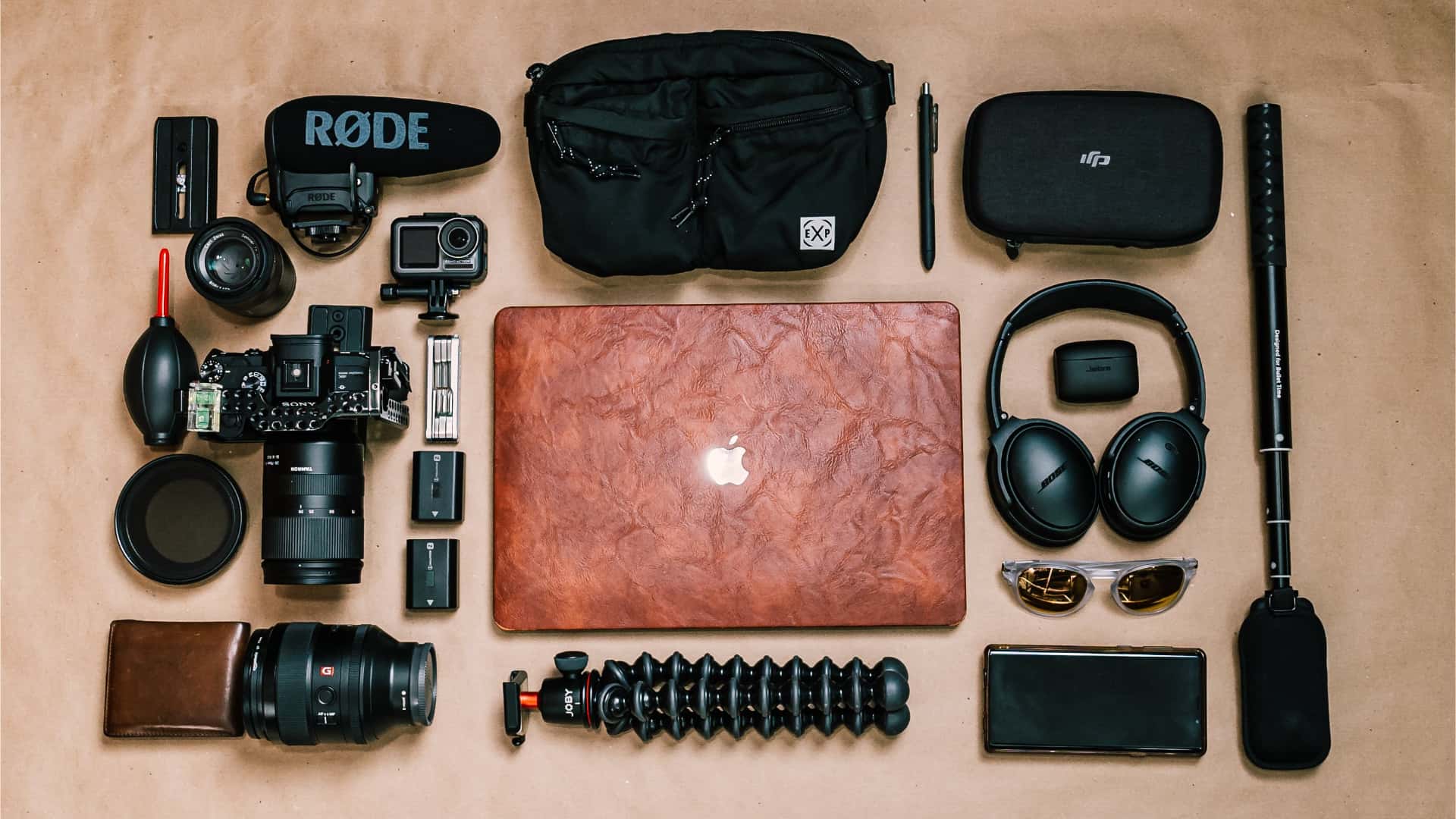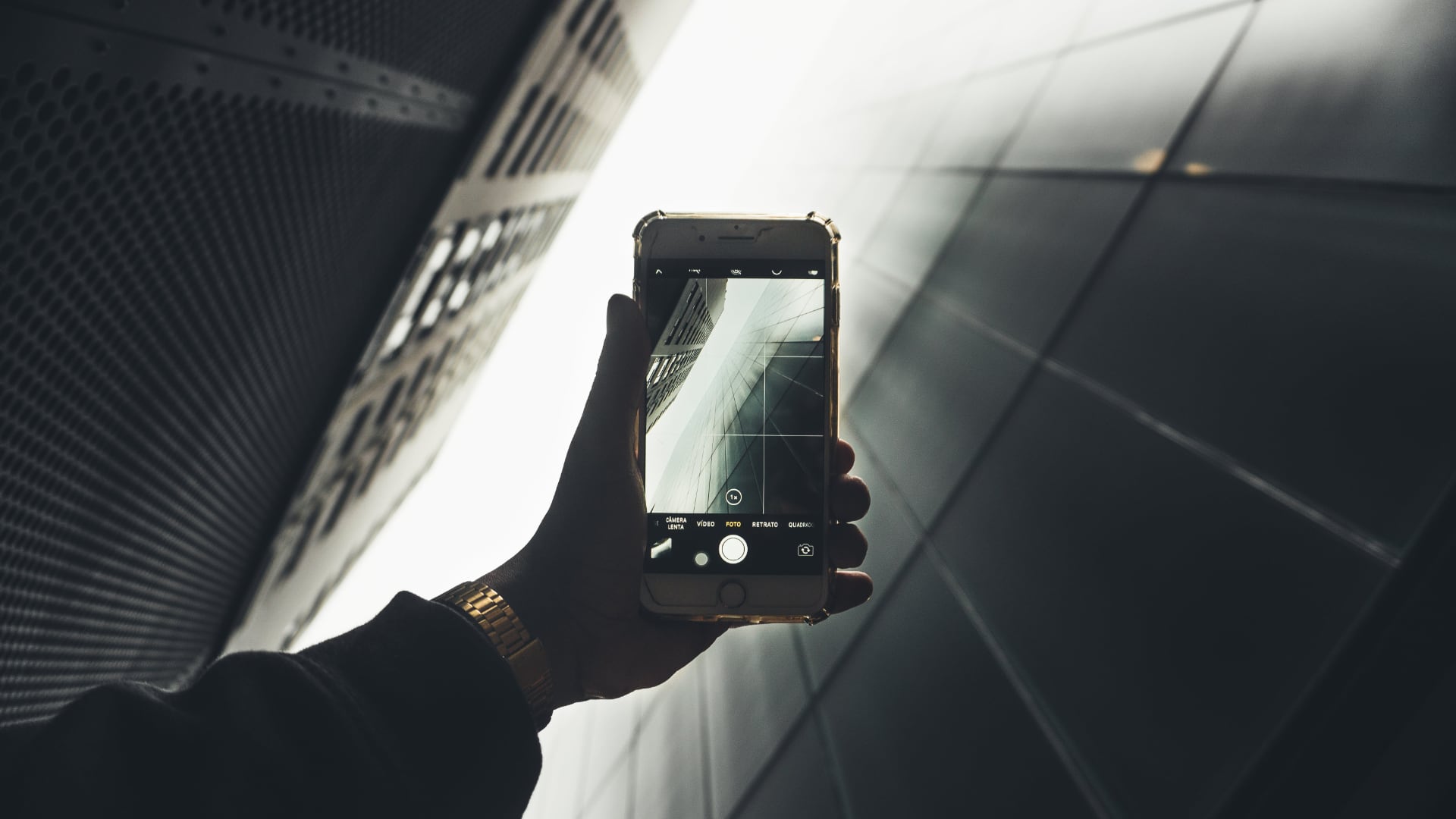Table of Contents
Mastering the Art of Filmmaking with Your iPhone: Tips and Tricks for Captivating Videos
In recent years, there has been a rise in the popularity of iPhone filmmaking. With advancements in technology, the iPhone has become a powerful tool for capturing and creating high-quality videos. This has the potential to democratize the film industry, allowing anyone with an iPhone to become a filmmaker. The accessibility and convenience of using an iPhone for filmmaking have opened up new possibilities for aspiring filmmakers, breaking down barriers and making it easier than ever to tell compelling stories through film.
Understanding the Basics of iPhone Filmmaking
While the iPhone may be a powerful tool, it is important to understand the basics of filmmaking in order to create compelling videos. One of the most important aspects of filmmaking is storytelling. Before picking up your iPhone, it is crucial to plan and develop your story. This includes creating a script, storyboarding, and planning out your shots. By taking the time to plan and develop your story, you can ensure that your film has a clear narrative and engages your audience.
In addition to storytelling, understanding the technical aspects of shooting with an iPhone is essential. The resolution and frame rate of your footage can greatly impact the overall quality of your film. The latest iPhones offer high-resolution video capabilities, allowing you to capture stunning visuals. Additionally, experimenting with different frame rates can add a unique look and feel to your footage. By understanding these technical aspects, you can make informed decisions when shooting and ensure that your footage looks professional.

Choosing the Right Apps for Your Filmmaking Needs
One of the advantages of using an iPhone for filmmaking is the wide range of apps available to enhance your videos. There are numerous filmmaking apps that offer features such as manual controls, advanced editing tools, and special effects. When choosing the right app for your specific project, it is important to consider your needs and goals as a filmmaker.
Some popular filmmaking apps include FiLMiC Pro, which offers manual controls for exposure, focus, and white balance, as well as advanced features like log recording and live analytics. Another popular app is iMovie, which provides a user-friendly interface for editing your footage and adding effects. Other apps like LumaFusion and Adobe Premiere Rush offer more advanced editing capabilities for those looking to take their films to the next level. By researching and experimenting with different apps, you can find the one that best suits your needs as a filmmaker.
Mastering the Art of Composition and Framing
Composition and framing are essential elements of visual storytelling. The way you frame your shots can greatly impact the mood, emotion, and meaning conveyed in your film. One of the most commonly used techniques in composition is the rule of thirds. This involves dividing your frame into a grid of nine equal parts and placing your subject along the lines or at the intersections. This creates a visually pleasing composition that draws the viewer’s eye to the subject.
In addition to the rule of thirds, there are other composition techniques that can enhance your footage. These include leading lines, symmetry, and framing within a frame. Leading lines can guide the viewer’s eye through the frame and create a sense of depth. Symmetry can create a sense of balance and harmony in your shots. Framing within a frame involves using objects in the foreground to frame your subject, adding depth and visual interest to your footage. By mastering these composition techniques, you can create visually stunning videos that captivate your audience.

Lighting Techniques for Captivating Videos
Lighting plays a crucial role in creating mood and atmosphere in your videos. Whether you are shooting indoors or outdoors, understanding how to use light effectively can greatly enhance the quality of your footage. When shooting outdoors, it is important to consider the time of day and the direction of light. The golden hour, which occurs during sunrise and sunset, offers soft, warm light that can add a beautiful glow to your footage. Shooting during midday can result in harsh shadows, so it is important to find shaded areas or use diffusers to soften the light.
When shooting indoors, it is important to consider the available light sources and how they can be used to create the desired mood. Natural light can be diffused or reflected using curtains or white surfaces to create a softer, more flattering light. Artificial lighting, such as lamps or studio lights, can be used to create specific lighting setups and add drama to your footage. By experimenting with different lighting techniques, you can create visually captivating videos that engage your audience.
Capturing Audio: Tips and Tricks for High-Quality Sound
Sound is an often overlooked but essential element of filmmaking. Poor audio quality can greatly detract from the overall viewing experience of your film. When capturing audio with your iPhone, it is important to consider the environment and minimize background noise. Using a directional microphone or a lavalier microphone can help capture clear audio while reducing unwanted noise.
In addition to capturing clean audio, it is important to pay attention to the levels and quality of your sound. Monitoring the audio levels while recording can help ensure that your sound is not too loud or too soft. It is also important to avoid clipping, which occurs when the audio levels are too high and result in distortion. By capturing high-quality sound and paying attention to the levels, you can greatly enhance the overall quality of your film.

Editing Your Footage: Techniques and Tools for a Professional Look
Once you have captured your footage, the next step is editing. Editing allows you to piece together your shots, add transitions, and create a polished final product. There are numerous editing apps available for the iPhone that offer a range of features and tools.
One popular editing app is iMovie, which provides a user-friendly interface for beginners. It allows you to trim and arrange your clips, add transitions and effects, and even create titles and credits. For more advanced editing capabilities, apps like LumaFusion and Adobe Premiere Rush offer a wide range of features, including multi-track editing, color grading, and advanced effects. By experimenting with different editing apps and techniques, you can create a professional-looking film that tells your story effectively.
Adding Special Effects and Filters to Your Videos
Special effects and filters can add a unique look and feel to your videos. However, it is important to use them tastefully and effectively to enhance your footage, rather than distract from it. When adding special effects, consider the tone and mood of your film. For example, if you are creating a horror film, you may want to use dark, eerie effects to create a sense of suspense. If you are creating a romantic film, you may want to use soft, dreamy effects to create a sense of intimacy.
Filters can also be used to enhance the overall look of your footage. There are numerous filter apps available that offer a range of styles and effects. When using filters, it is important to consider the overall aesthetic of your film and choose filters that complement your footage. By using special effects and filters tastefully and effectively, you can add a unique touch to your videos and create a visually stunning final product.

Sharing Your Masterpiece: Tips for Promoting Your Work
Once you have completed your film, the next step is sharing it with the world. In today’s digital age, there are numerous platforms available for promoting your work. Social media platforms like Instagram, YouTube, and TikTok offer a wide reach and allow you to connect with potential viewers and fellow filmmakers.
When promoting your work on social media, it is important to create engaging content that captures the attention of your audience. This can include behind-the-scenes footage, teasers, and trailers. It is also important to engage with your audience by responding to comments and feedback. Building an audience and connecting with other filmmakers can help you gain exposure and create opportunities for collaboration.
The Future of Filmmaking with Your iPhone
The rise of iPhone filmmaking has the potential to continue to grow and evolve in the future. As technology advances, the capabilities of the iPhone as a filmmaking tool will only improve. This opens up new possibilities for aspiring filmmakers, allowing them to tell their stories in unique and creative ways.
While the iPhone may not replace traditional filmmaking equipment, it offers a convenient and accessible option for those looking to explore the world of filmmaking. By understanding the basics of iPhone filmmaking, choosing the right apps, mastering composition and framing, utilizing lighting techniques, capturing high-quality audio, editing effectively, adding special effects and filters tastefully, and promoting your work, you can create compelling films that captivate your audience.
So, grab your iPhone and start exploring the possibilities of iPhone filmmaking. The power is in your hands to tell your story and make your mark in the world of film.
If you’re interested in iPhone filmmaking, you might also enjoy reading about the significance of having a website for filmmakers. Having a website can be a powerful tool for showcasing your work and connecting with potential clients or collaborators. Check out this article on the significance of having a website to learn more about how it can benefit your filmmaking career.

